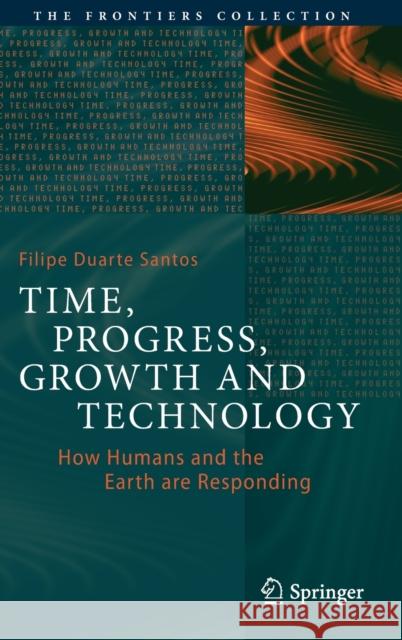Time, Progress, Growth and Technology: How Humans and the Earth Are Responding » książka
topmenu
Time, Progress, Growth and Technology: How Humans and the Earth Are Responding
ISBN-13: 9783030553326 / Angielski / Twarda / 2020 / 703 str.
Kategorie BISAC:
Wydawca:
Springer
Seria wydawnicza:
Język:
Angielski
ISBN-13:
9783030553326
Rok wydania:
2020
Wydanie:
2021
Numer serii:
000308052
Ilość stron:
703
Waga:
1.18 kg
Wymiary:
23.39 x 15.6 x 3.96
Oprawa:
Twarda
Wolumenów:
01
Dodatkowe informacje:
Wydanie ilustrowane











